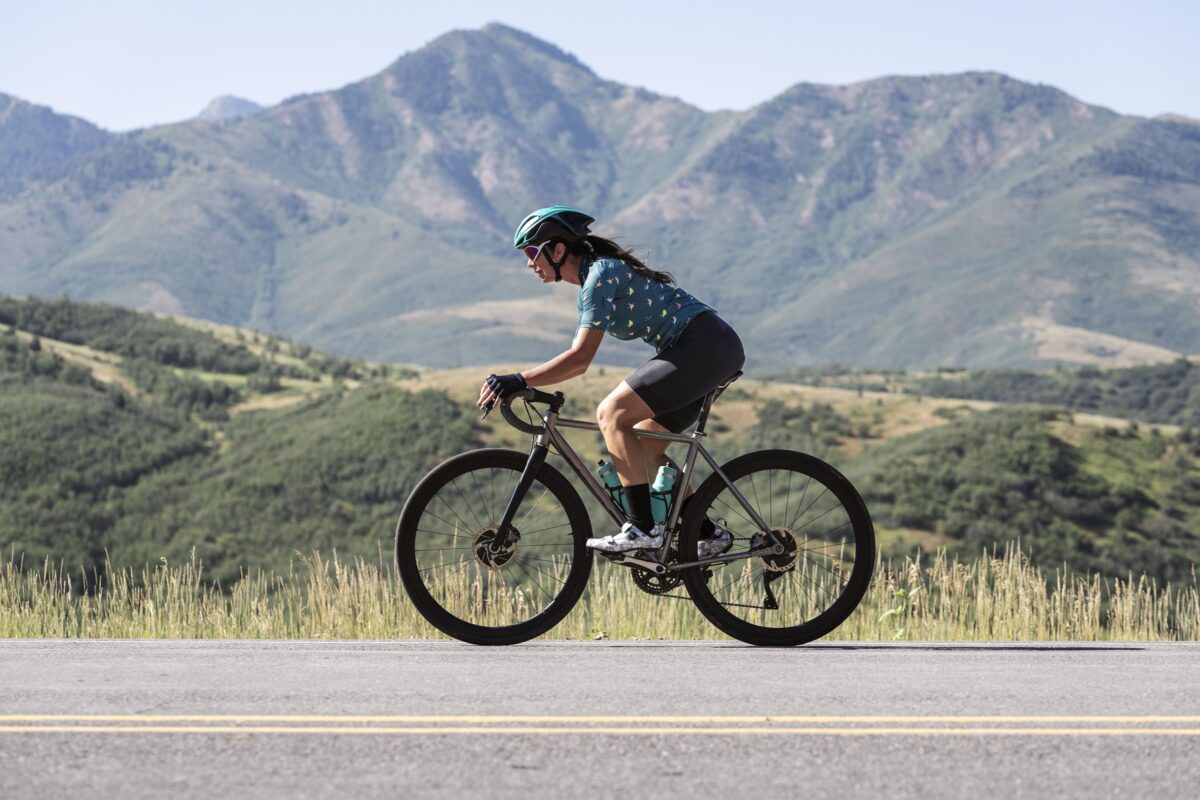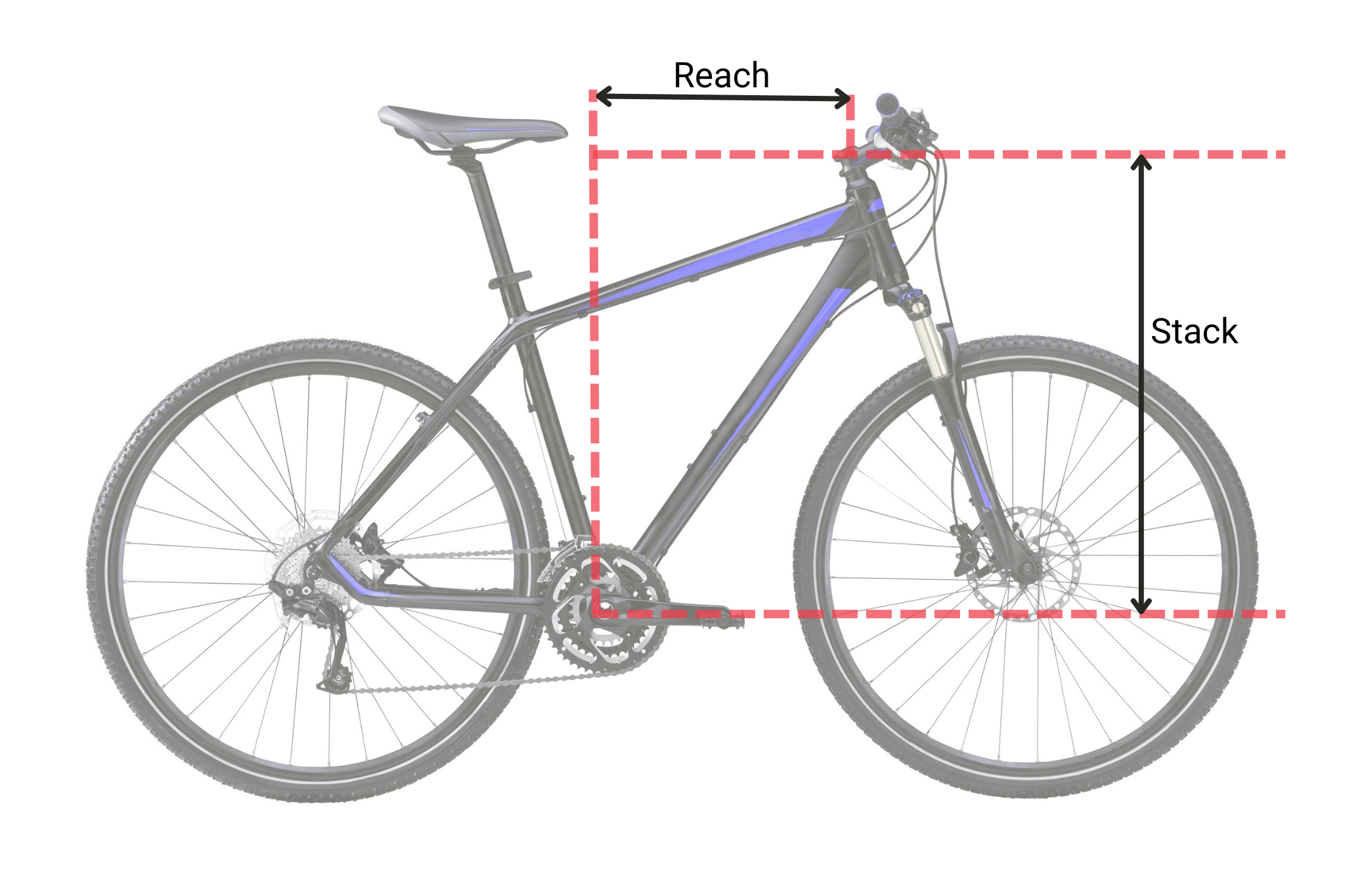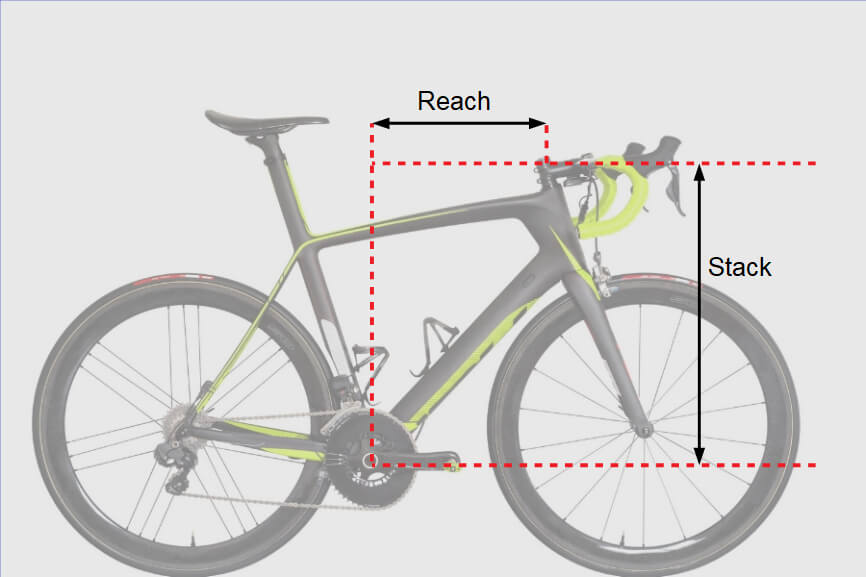Uncategorized
Correct bicycle size: how do I choose it?
Choosing the right bike size can be challenging, especially if it's your first purchase. In this article we will provide you with practical tips for selecting the right size, avoiding aches and pains and improving your cycling experience.
Why is it important to find the right size?
Whatever type of bike you're looking for, selecting the right size is essential to ensure comfort, performance and to prevent injury. Whether it's for racing or just having a good time, riding the right size will significantly enhance the pedaling experience. Here we will address several key aspects to consider when finding the right size: height, leg length, frame geometry, etc.

General size considerations
Our anatomy is not properly designed to spend long periods pedaling. If we want to do so without discomfort (such as back problems, knee or neck pain), we will have to find the right fit. To do this we will have to choose the bike that best suits our body, and not the other way around.
The height and, above all, the leg length are key parameters, although they are not the only ones. When we talk about leg length, we are referring to the distance between the ground and the crotch. As we mentioned in previous articlesA good way to measure this distance is to stand barefoot against a wall.
As a general rule, each brand usually displays its own SIZE CHARTwhere both measurements will be included. It may happen that, as each body is different, your measurement is between two sizes or that there is a deviation between the height-leg length relationship. In these cases, our recommendation is that you think very carefully about your aspirations. If you are looking to improve in competition, it is normal to choose the smallest size and adjust the rest of the components. If your use will be recreational, you may want to choose the larger size, prioritizing comfort.

Bicycle type and frame geometry
To choose the right bike size, you should keep in mind that not all bikes are the same size. The different modalities have specific geometries: MTB, Road, graveletc. In the case of road bikes, the size is usually expressed in centimeters and there is usually a wider range. This is not the case for mountain bikes, whose sizes are expressed in inches. If you want to check your size for each one, you can do it here.
As you will see, the sizes in letters do not have to coincide in some models and others. For example, a rider wearing a size M on the road might need a size S when choosing an MTB. Another important fact: as a general rule, racing bikes have more aggressive, performance-oriented geometries.
Other measurements to find your right size
Nowadays, bicycle frames, both road and mountain bikes, have evolved with respect to the old models, eliminating the totally horizontal or vertical tubes, to adapt to the different modalities (XC, ENDURO, etc). As the down tube measurement is no longer reliable, the following are now used other measures as the reach and the stack.

The "reach"is the horizontal distance from the top of the headset to the vertical bottom bracket line. The "stack"is the vertical distance from the bottom bracket to the top of the frame.
To ensure the right choice, the ideal is to consult a professional and to carry out a biomechanical study. In this study they will take into account both measurements, among other factors. In addition to the size, the professionals will help you find the perfect posture.
As you can see, choosing the ideal size goes far beyond the height of the rider. It includes aspects such as the type of bike and frame size. Consulting professionals in specialized stores and considering a biomechanical study ensures an accurate choice and an optimal riding experience.




